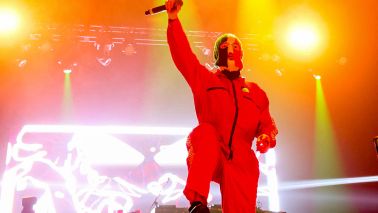In ancient Rome, a diviner called a haruspex would observe the entrails of sacrificed sheep and poultry, especially their livers, to deduce the will of the gods. But even the finest haruspex would have a hard time deducing the will of the 951 parliamentarians and 58 regional delegates – the so-called grandi elettori – whose task this week is to elect Italy’s 13th president.
Italian presidents, who serve for seven years, have largely ceremonial powers and their election is normally of little importance. This time, however, depending on the result, there could be at least one and possibly two seismic knock-on effects.
First, the presidential election could force a snap general election which if the opinion polls are correct would see the coalition of the right return to power on its own for the first time since Silvio Berlusconi was forced to resign in 2011.
This would be a nightmare come true for the Euro Establishment – that unholy alliance of Davos men and woke tyrants – who dread the idea of Matteo Salvini, leader of the sovranista Lega, or Giorgia Meloni, leader of the post-fascista Fratelli d’Italia, becoming prime minister.

Britain’s best politics newsletters
You get two free articles each week when you sign up to The Spectator’s emails.
Already a subscriber? Log in







Comments
Join the debate for just £1 a month
Be part of the conversation with other Spectator readers by getting your first three months for £3.
UNLOCK ACCESS Just £1 a monthAlready a subscriber? Log in